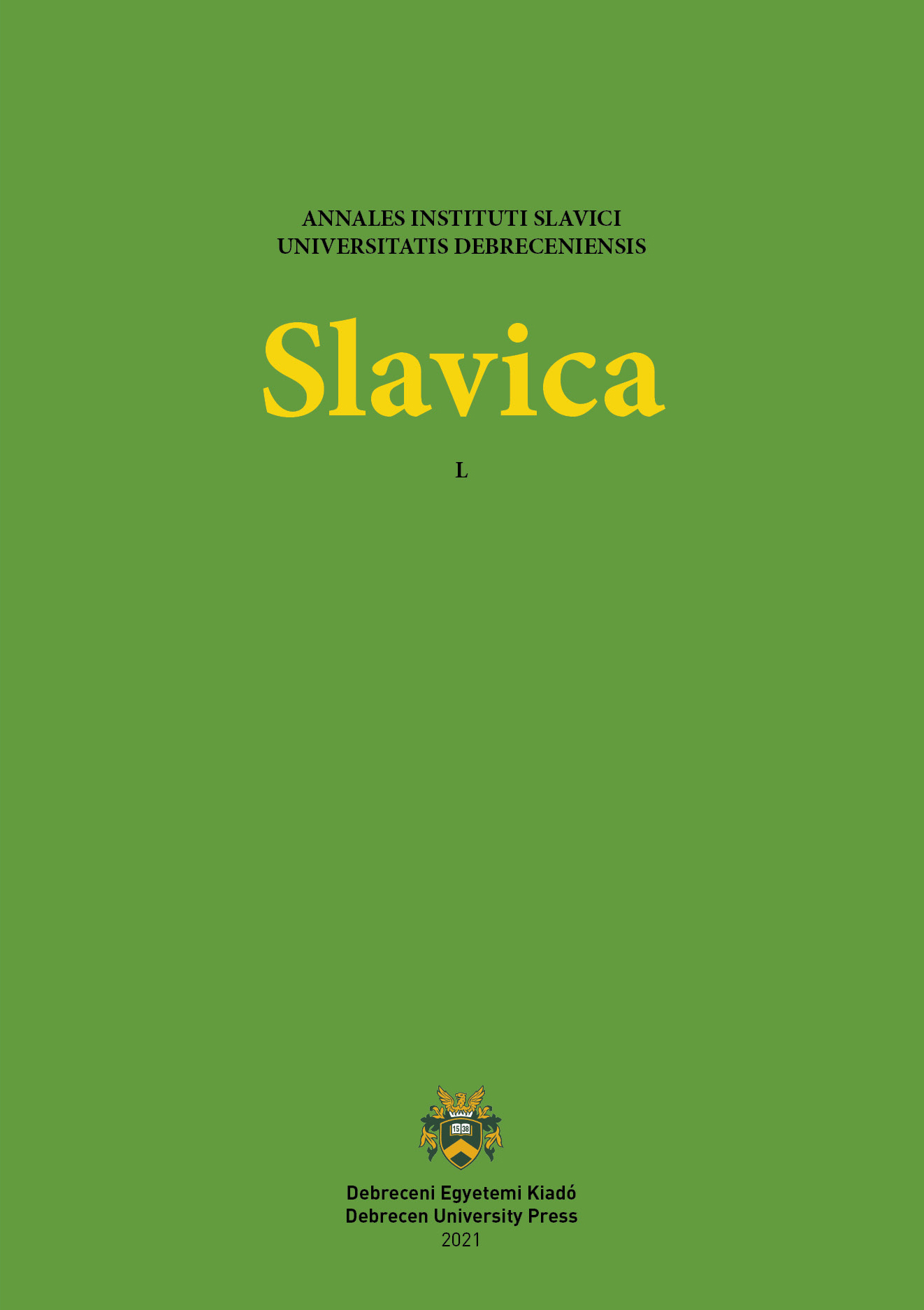Bugs, Burrow, Inquisitor: Dostoevskian Intertexts in Eyeless in Gaza
Author
View
Keywords
License
Copyright (c) 2021 Slavica

This work is licensed under a Creative Commons Attribution-NonCommercial 4.0 International License.
This is an open access article distributed under the terms of the Creative Commons Attribution License (CC BY-NC 4.0), which permits unrestricted use, distribution, and reproduction in any medium, provided the original author and source are credited.
How To Cite
Abstract
The present article is devoted to the discussion of intertextual connections between Aldous Huxley’s Eyeless in Gaza (1936) and three works by Dostoevsky: Notes from the Underground(1864), Crime and Punishment (1869) and The Brothers Karamazov (1880, Grand Inquisitor scene). As is well-known, the Dostoevskian novel of ideas was a major inspiring force for Aldous Huxley’s art: Huxley’s rewriting of the Grand Inquisitor episode in Brave New World (1932) is probably the best-known case in point. Nonetheless, insufficient critical attention has been devoted to the actual intertextual connections between the two novelists’ output. As I have demonstrated earlier, on closer inspectionPoint Counter Point (1928) turns out to be a rewriting of Devils (1872), which, however, alsoproves to be a low point in Huxley’s assessment of Dostoevsky – a companion piece to his incidental vicious critique included in his 1929 essay on Baudelaire, in which Huxley also targets spiritual quest. Let me argue that Eyeless in Gaza can be read as a sequel to that polemic, in which a change of Huxley’s attitude to Dostoevsky is clearly notable: the novel provides a much more subtle and even respectful critique of Dostoevsky by implying the universal relevance of the Dostoevskian underground to the understanding of the modern human condition and by re-embracing spiritual quest.

 https://doi.org/10.31034/050.2021.14
https://doi.org/10.31034/050.2021.14